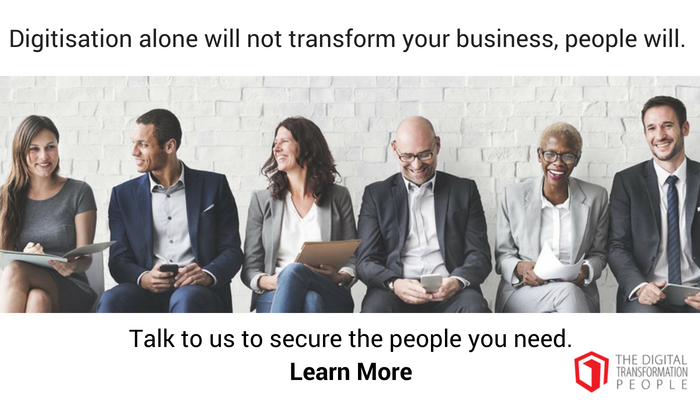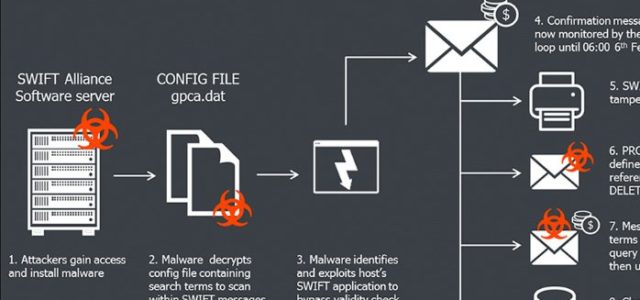Disruption is the name of the game in business today. From virtual currency to new digital marketing stats, finding a new angle of attack means finding a competitive edge over the rest of the field to sell more products and services.
Of course, it helps that we’re in the most massive continual tech boom in human history, and awesome new concepts, hardware and software are becoming available daily.
Finding new ways to integrate new tech and concepts into modern offices has transformed the contemporary workplace already. Expect to see some further changes coming to the office of the future all around the nation as businesses scramble to use all the new resources at their disposal.
Here are four changes and trends that could catch on in the coming decade.
1. Smaller and More Mobile
The above is true for basically anything tech-related in the past 20 years. Workplaces have already begun to follow this trend, with more opportunities for employees to work from home or complete primarily field work. Keeping a smaller on-hand staff lets businesses thrive in smaller spaces and allows for lower operating costs.
Of course, as long-distance payment, work assignment and communication apps continue to improve, as do opportunities for remote work. Entirely digital offices have already appeared and will continue to grow and prosper in the current high-tech environment.
With all of these possibilities, workers can expect to see smaller, high-tech offices springing up in the place of large cubicles. Reliable technological connections — internet and phone lines, as well as mobile service — will be a given, as communication with external operators continues to swell.
2. Blockchain Everything
“Too simple to fail” is a hard term to find in the increasingly technology-centric workplace of today. However, one concept, in particular, has appeared at the forefront of new data entry and record-keeping processes. Blockchain technology rose to prominence with the meteoric ascension of Bitcoin, the famous cryptocurrency in a string of other virtual currencies. The process is simple, easy to pitch to tech people and average joes, and virtually bulletproof to hacks and external manipulation.
And while blockchain remains primarily in the crypto field, it will likely expand to other areas in the next few years. After all, a virtual ledger that is more compact, more accurate and widely self-sustaining adapts to a plethora of different workplace purposes. Anything from patient records in hospitals to bank exchanges can use the block. With some tweaking, it could even account for business transactions.
3. VR
Suppose you’re an investor interested in putting some cash toward a new college campus building. You’re on the fence, though, and seeing initial blueprints and descriptions hasn’t helped you decide. Now, suppose you have the opportunity to tour the building and observe every inch of it through digital construction. Where are the drinking fountains? The wheelchair ramps? The windows and doors? Suddenly, visualization is not a mental effort, but a real possibility.
With the advent of full virtual reality just around the corner, it is impossible to imagine a future without the use of digital construction and visualization. Many casual science fiction fans imagine VR in a purely entraining capacity, a futuristic video game escape from dull reality. This only scrapes the surface of VR’s possible applications, though, and its emergence in future offices seems an inevitability.
In VR, there is a newfound potential for investor security — seeing (literally) the results of their funding. Forget investors: virtual reality allows architects, planners and workers to understand their projected project. It can also allow for tweaking before construction has even begun. Visualization of building projects is only one possible path forward — advanced communication, fully digital property and a hundred other doors all open the second we crack the VR code.
4. Eco Buildings
Free is great. Environmental sustainability is also great — it boosts a company’s reputation as a team player and innovator. We’ve already talked about why new tech is fantastic in the office of the future. At the junction of these three concepts, you find eco-buildings.
Although the concept of environmental sustainability in business is a comparatively new one, frugality and cost-saving have always been the order of the day, and companies have always tried to lower heating, cooling and energy costs in offices.
Eco-buildings are the next step in this process — finding the best ways to save energy costs and cut back on the building’s carbon footprint often lead in the same direction, which is pushing businesses to invest in renewable resources like solar and wind, as well as new forms of insulation and cooling. Even building materials that are recycled or reused often cost less and work as well as fresh concrete, steel and glass.
With continued technological innovation in this field, the benefits of using green tech and practices could quickly eclipse their costs. Already, some offices have adopted green practices to set themselves apart from the rest of the field. As the trend gains momentum — which it undoubtedly will as the cost of green tech goes down — more and more businesses will find they’re incentivized to adopt similar strategies.
The Office of the Future!
Concepts like fully renewable energy and virtual reality have been the stuff of science fiction for a long time, and it’s strange to see visionary businesses today casually adopting them today. However, when assessing the costs concerning the potentially enormous benefits these technologies can contribute, it’s not so surprising.
Article by channel:
Everything you need to know about Digital Transformation
The best articles, news and events direct to your inbox
Read more articles tagged: Featured, Future of Work









